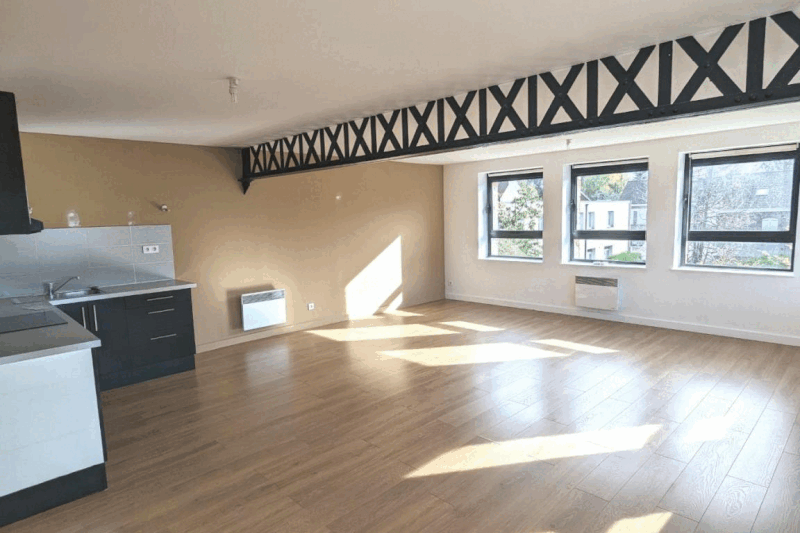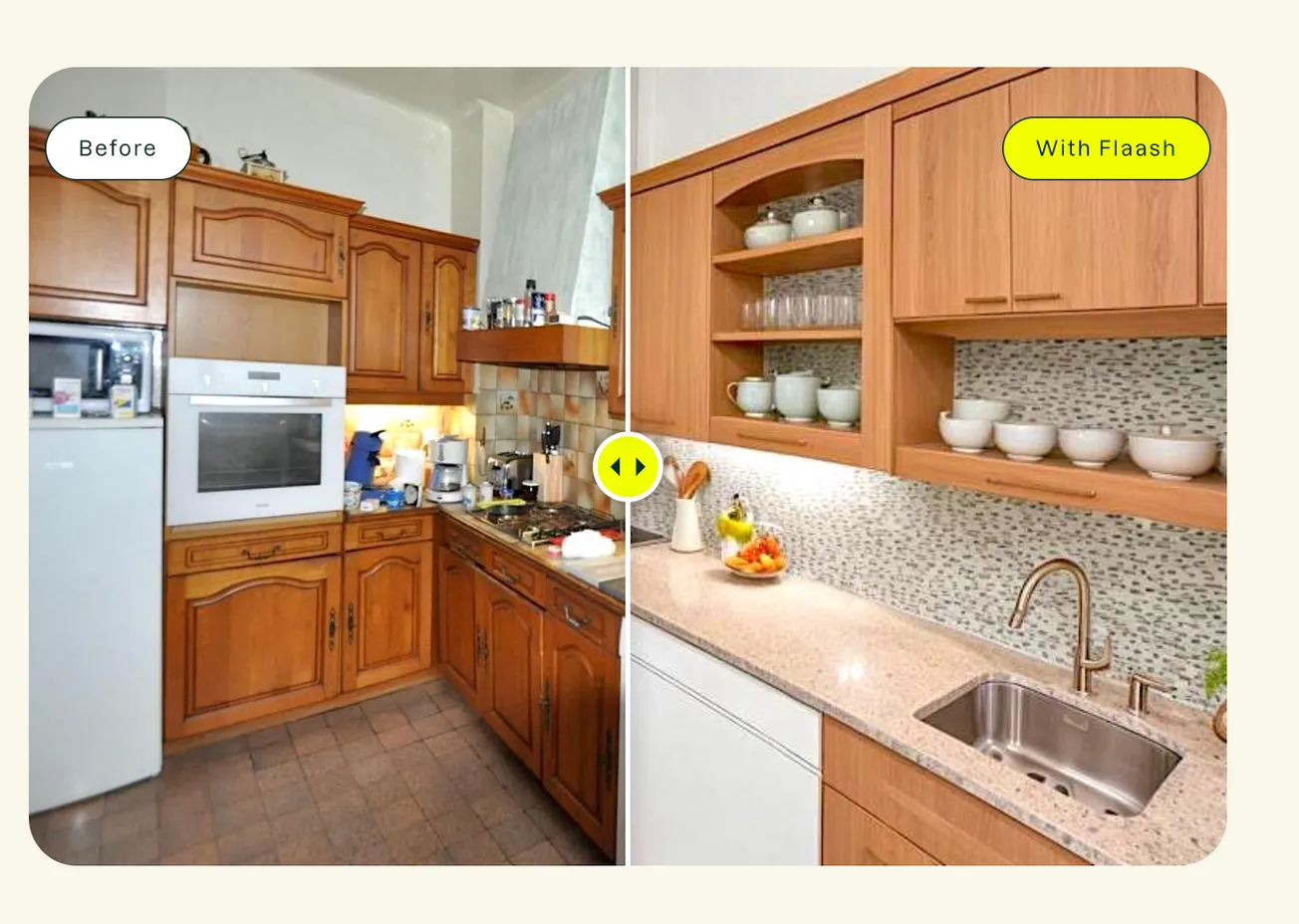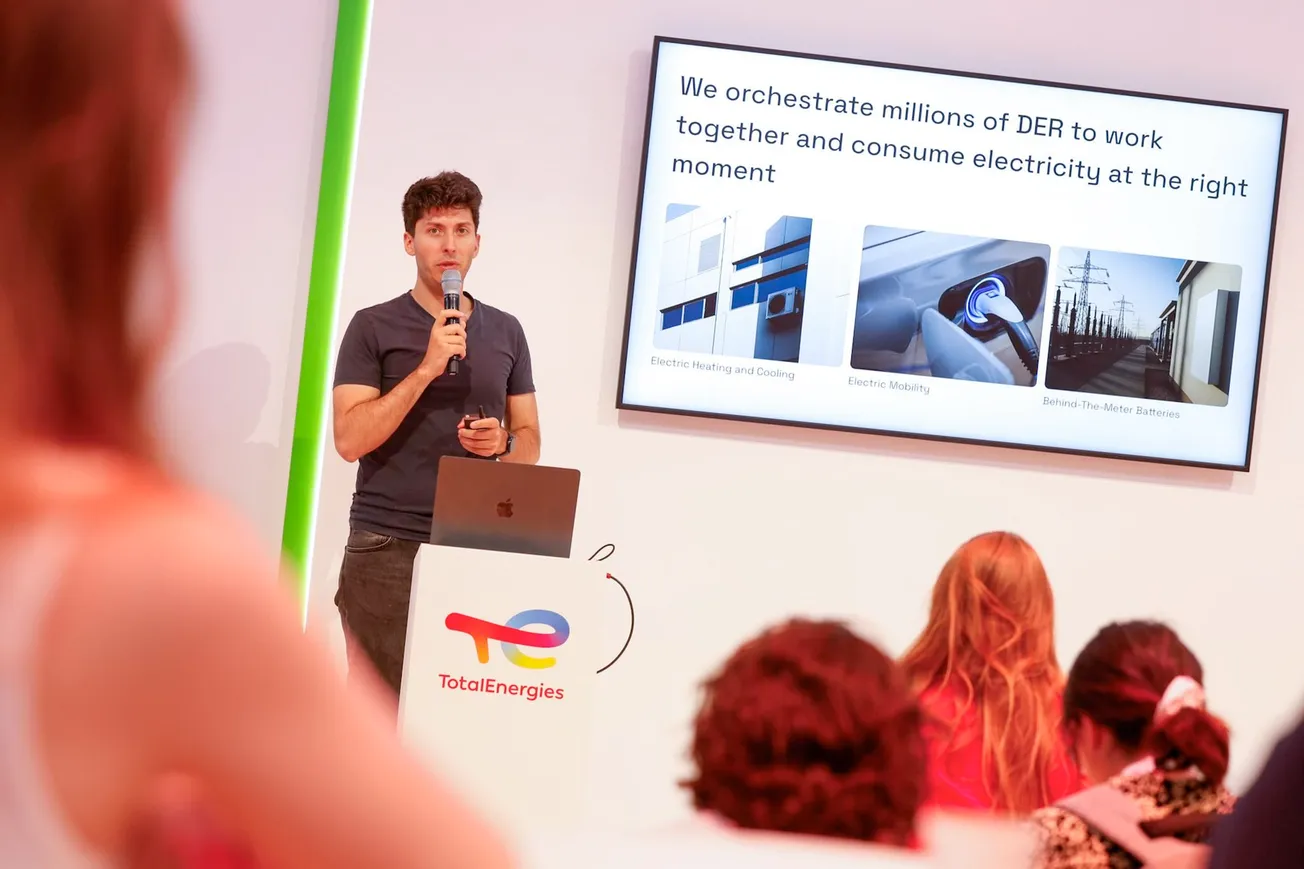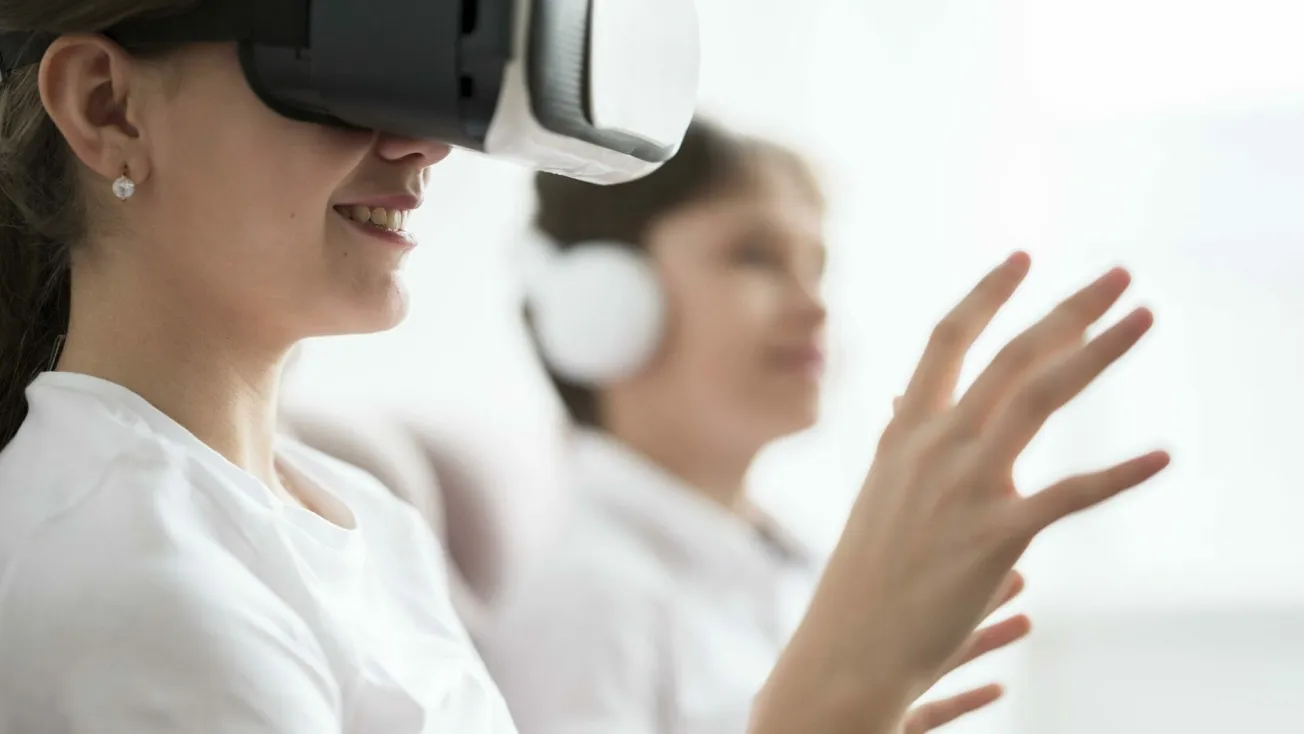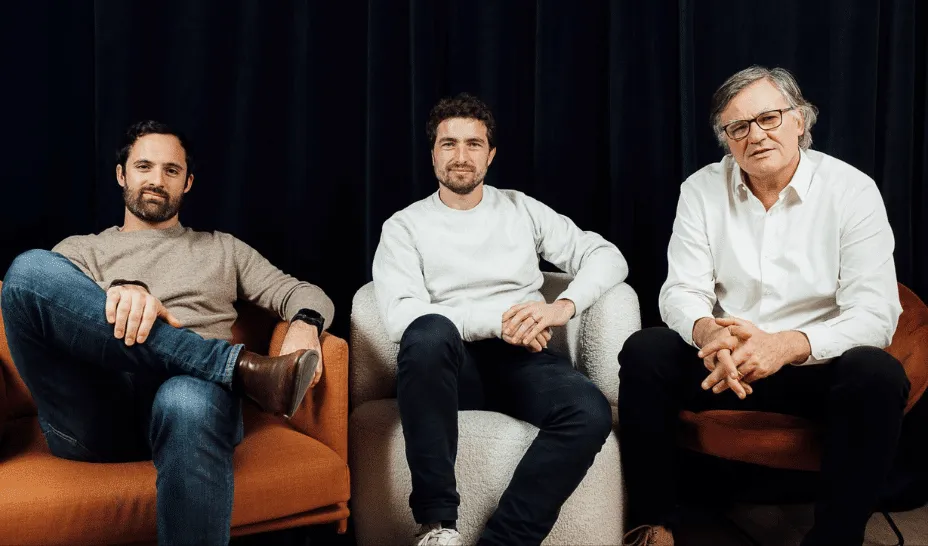Since the launch of ChatGPT in November 2022, France has experienced a surge in generative AI startups. A study by France Digitale and Sopra Steria published last spring reported around 600 French AI startups, and with new offerings emerging monthly, that number has likely grown significantly.
Flaash is one such AI-powered startup. Recognizing the immense potential of today’s AI-driven landscape, Flaash harnesses generative AI specifically for the real estate sector while also integrating it into every aspect of its operations — from business development to product creation and customer engagement.
By effectively leveraging AI as a business opportunity and to improve operational efficiency, Flaash serves as an intriguing case study: as AI capabilities advance and drive business innovation, are we witnessing a fundamental shift in our approach to entrepreneurship itself?
I spoke with Flaash co-founder and CEO Jean Mulin, to explore how he and his co-founders are pioneering a new breed of fully AI-driven business that may soon become the norm.

What Is Flaash?
Launched just 9 months ago in January by co-founders Jean Mulin, Sebastien Carbain, and Enguerrand Jobard, Flaash is an application that uses GenAI to create home staging photos for real estate industry professionals.
The web-based service generates before-and-after photos of properties to highlight their potential and make them more appealing to potential buyers. The “before” photo typically shows the apartment in its current state, which, according to Mulin, is often cluttered, outdated, or empty. In contrast, the “after” photo is a thoughtfully designed mock-up, showcasing how the apartment could look with modern furniture and interior design.
Flaash, designed for real estate agents, serves three primary purposes.
“First, the app gives agents a competitive edge when negotiating exclusivity agreements with property sellers. They can demonstrate how Flaash enhances the apartment’s image to align with buyers’ preferences,” explains Mulin. “Second, it helps agents create more compelling property listings. Finally, during viewings, agents can generate an ‘after’ image on the spot, allowing potential buyers to better envision themselves in the space.”
